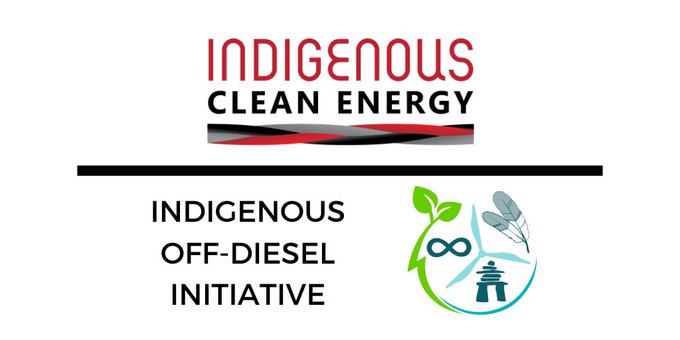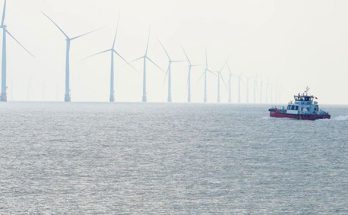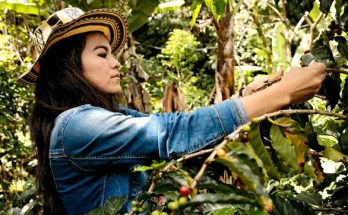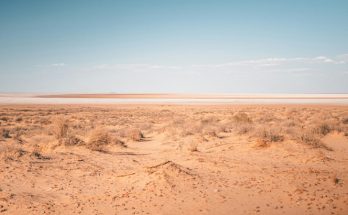#Canada; #IndigenousCommunities; #CanadianIndigenousCommunities; #CleanEnergySolutions; # IndigenousOffDieselInitiative
Ottawa/CMEDIA: With impacts of climate change being felt across Canada, Canadian Indigenous and remote communities are reportedly leading the way in creating a more secure, resilient future in their climate change by deploying clean, renewable and reliable energy sources.
“Indigenous Peoples are at the frontlines in the fight against climate change…Canada is partnering with communities from coast to coast to coast…ensure new economic opportunities as well as clean, reliable and affordable electricity is readily available for all those involved…I look forward to continued progress toward a more sustainable and prosperous Canada,” Jonathan Wilkinson, Minister of Energy and Natural Resources was reported saying in a news release.
Following 10 remote Indigenous communities and First Nations in Canada have completed Phase 1 of the Indigenous Off-Diesel Initiative (IODI) Cohort 2, the Government of Canada announced Nov 1.
- Xeni Gwet’in First Nations Government, British Columbia
- Tahltan Band, British Columbia
- Uchucklesaht, British Columbia
- Ḵwiḵwa̱sut’inux̱w Ha̱xwa’mis First Nation, British Columbia
- Hamlet of Paulatuk, Northwest Territories
- Fort Chipewyan, Alberta
- Mountain Cree Camp, Alberta
- Pangnirtung, Nunavut
- Kiashke Zaaging Anishinaabek – Gull Bay First Nation, Ontario
- Kangirsuk, Nunavik, Quebec
Based on 18 months of engagement with Indigenous communities, rights holders and organizations, IODI was designed and was first launched in 2019 as a clean energy training and funding program and delivered in collaboration with the Indigenous Clean Energy Social Enterprise (ICESE) and the Government of Canada to support Indigenous-led climate solutions in remote Indigenous communities that currently use diesel or fossil fuels for heat and power.
As part of the $300 million announced in Canada’s Strengthened Climate Plan, the Indigenous Off-Diesel Initiative would support clean energy projects in Indigenous, rural and remote communities through Wah-ila-toos, a single window access point for Indigenous, rural and remote communities to obtain Government of Canada funding and resources for clean energy initiatives.
By successfully assembling a team of clean energy leaders in each of the 10 communities and First Nations, they were able to completed the 20/20 Catalysts program delivered by the Indigenous Clean Energy Social Enterprise and will be eligible to receive funding for projects that include training, community energy planning and community engagement through Phase 2 of IODI coming later this fall.
Administered by Natural Resources Canada, Crown-Indigenous Relations and Northern Affairs Canada, Indigenous Services Canada, Environment and Climate Change Canada, and Infrastructure Canada, Wah-ila-toos was gifted by three Grandmothers and Elders representing kinship with all and our duty to be in good relations with all.
With the Indigenous Clean Energy Social Enterprise co-delivering Indigenous Off-Diesel Initiative in these 10 communities with Wah-ila-toos, Government of Canada will continue to work in partnership with Indigenous communities to advance reconciliation and self-determination, while building a low-emissions energy future and creating jobs.
“First Nations, Inuit and northern communities are leading the way with projects that will move them off diesel and ensure clean, reliable electricity for their members. This federal government will be at their side as they do so and create good-paying jobs while fighting climate change. Ensuring clean, reliable electricity will help create new economic opportunities and growth for Indigenous communities across Canada,” Patty Hajdu
Minister of Indigenous Services and Minister Responsible for the Federal Economic Development Agency of Northern Ontario





